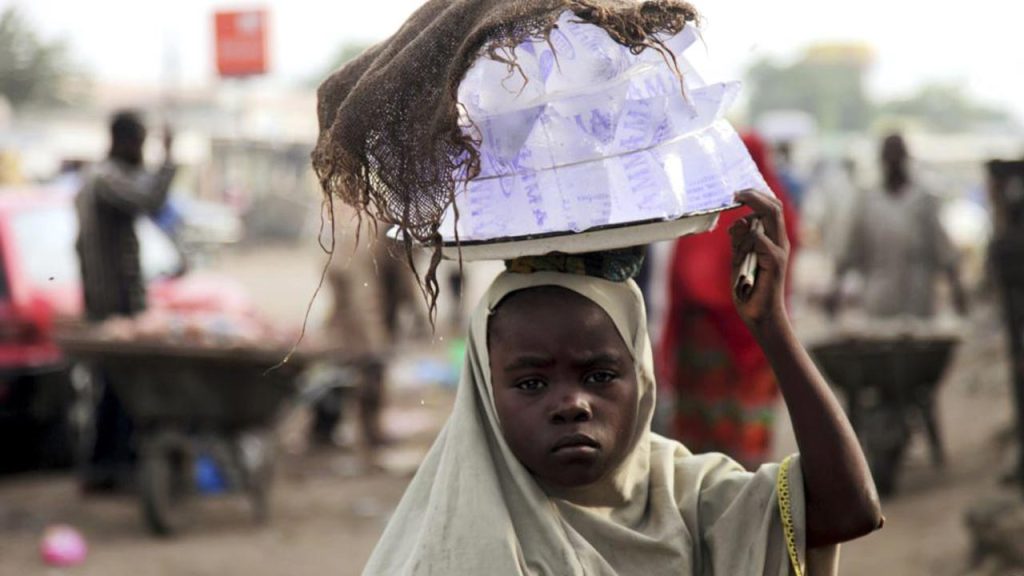Over 160 million children worldwide remain trapped in child labour, according to a 2020 report by the United Nations, endorsed by the International Labour Organisation (ILO). This staggering figure means that almost one in every ten children globally is involved in child labour, highlighting the persistent challenge of eradicating this issue.
The report stresses the need for continued efforts to protect children’s rights, as many young people are forced into economic activities that deprive them of their childhood, education, and opportunities for personal development. According to the findings, economic growth has not been inclusive enough to ease the financial pressures faced by many families, resulting in a reliance on child labour for survival.
The ILO defines child labour as work that deprives children under 18 of their childhood, dignity, and potential, while also posing physical or mental harm. This definition underscores the need for more robust global action to safeguard vulnerable children.
Globally, India has the highest prevalence of child labour, according to UNICEF, while Sub-Saharan Africa has the highest number of child labourers, with nearly 24% of children aged 5-7 involved in such activities. Of the 160 million children working globally, around 79 million are engaged in hazardous conditions.
The ILO has called for increased awareness and advocacy efforts to reverse this trend. As part of these efforts, 16 journalists from West and East African countries gathered in Entebbe, Uganda, in September for a capacity-building workshop organised by the ILO ACCEL-Africa Project. The training, themed “Voices Against Child Labour,” aimed to empower journalists to report on the issue more effectively and promote policy changes.
Munoz, the Monitoring and Evaluation Officer for the ACCEL-Africa Project, emphasised the importance of media in shaping public opinion and influencing policy decisions to combat child labour. She stated that while a single training may not end child labour, collective media advocacy could lead to significant changes.
Governments worldwide are already taking steps to address the issue. For example, Nigeria, in partnership with the ILO, launched the National Action Plan for the Elimination of Child Labour and Its Worst Forms 2021-2025, which outlines national strategies to combat child labour. Similarly, Uganda has placed child labour eradication at the centre of its National Development Plan IV, with a focus on reducing hazardous work driven by poverty and lack of education.
Despite these efforts, Africa remains behind in the fight against child labour compared to other regions, but the ILO insists that accelerated action from governments and stakeholders is essential to securing the future of the world’s children.

